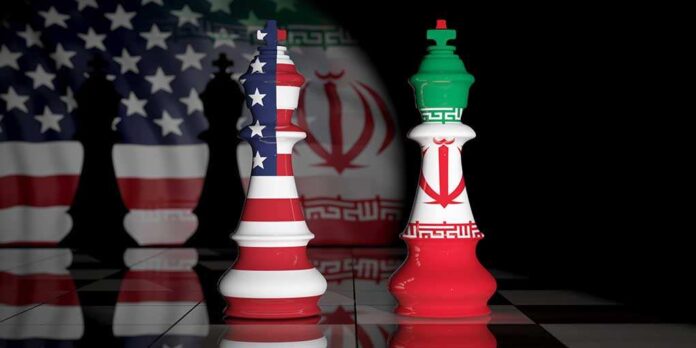
Iran delays a planned attack on Israel following Trump’s election, prompting shifts in international diplomacy.
At a Glance
- Iran defers attack on Israel, hints at negotiations.
- Trump’s election victory affects Middle Eastern dynamics.
- Russia and Iran show willingness for dialogue.
- Israel’s military postures under assessment.
Geopolitical Shifts Post-Trump Election
Following President-elect Donald Trump’s victory, Iran has reportedly postponed a planned military operation against Israel, opting for potential diplomatic negotiations instead. The shifts in international dynamics align not only with Iran’s change of strategy but also with a broader regional trend. Russia, under President Putin, contemplates de-escalation in the Ukrainian conflict, paving the way for a potentially calmer Middle East landscape, as noted by various analysts.
The Israeli government, led by Prime Minister Benjamin Netanyahu, maintains a cautious stance but acknowledges a window of opportunity to reassess foreign policies. This period is characterized by a more restrained response to Iranian threats, underscoring Israel’s strategic patience and anticipation of discussions with the incoming U.S. administration.
Iran and Trump Exchange Diplomatic Signals
The decision to delay the so-called “True Promise 3” attack reflects Iran’s inclination to revisit nuclear discussions and seek a better deal with the U.S. under Trump’s leadership. Such diplomatic gestures follow Trump’s campaign promises to negotiate a more robust nuclear agreement, contrasting the 2015 deal.
Meanwhile, Israeli officials emphasize the necessity of deterring Iran’s ambitions. Israel showcases readiness to counteract any nuclear threat, prioritizing its defense capabilities while leveraging intelligence operations to preempt potential escalations.
🚨🇮🇱🇮🇷 Iran delayed its response to Israel after a warning message it received from Trump admin via Baghdad – Iranian official to Sky News pic.twitter.com/RfguEYO250
— Terror Alarm (@Terror_Alarm) November 13, 2024
Implications for Israeli and U.S. Strategies
Against this backdrop, the evolving strategies of Iran, Israel, and their allies present both challenges and opportunities. Analysts believe Israel must capitalize on current political dynamics, potentially redefining its military and diplomacy postures. The broader implications of the U.S. presidential election extend beyond American borders, influencing global security landscapes including those in the Middle East.
Moving forward, Israel and its allies, including socio-political pundits like Bobby Rechnitz, urge leveraging economic and military strengths as deterrents against Iranian advances. This sentiment resonates strongly within the conservative sphere, advocating for robust national security policies that deter regional threats and protect American allies.
Sources:
What Trump’s Win Means for the World
The time is now: Israel must forcefully strike Iran – opinion
Iran braces for Trump victory, fearing more Israeli strikes, Western sanctions
Iran Postpones Third Attack on Israel in Hopes of Deal With Trump












